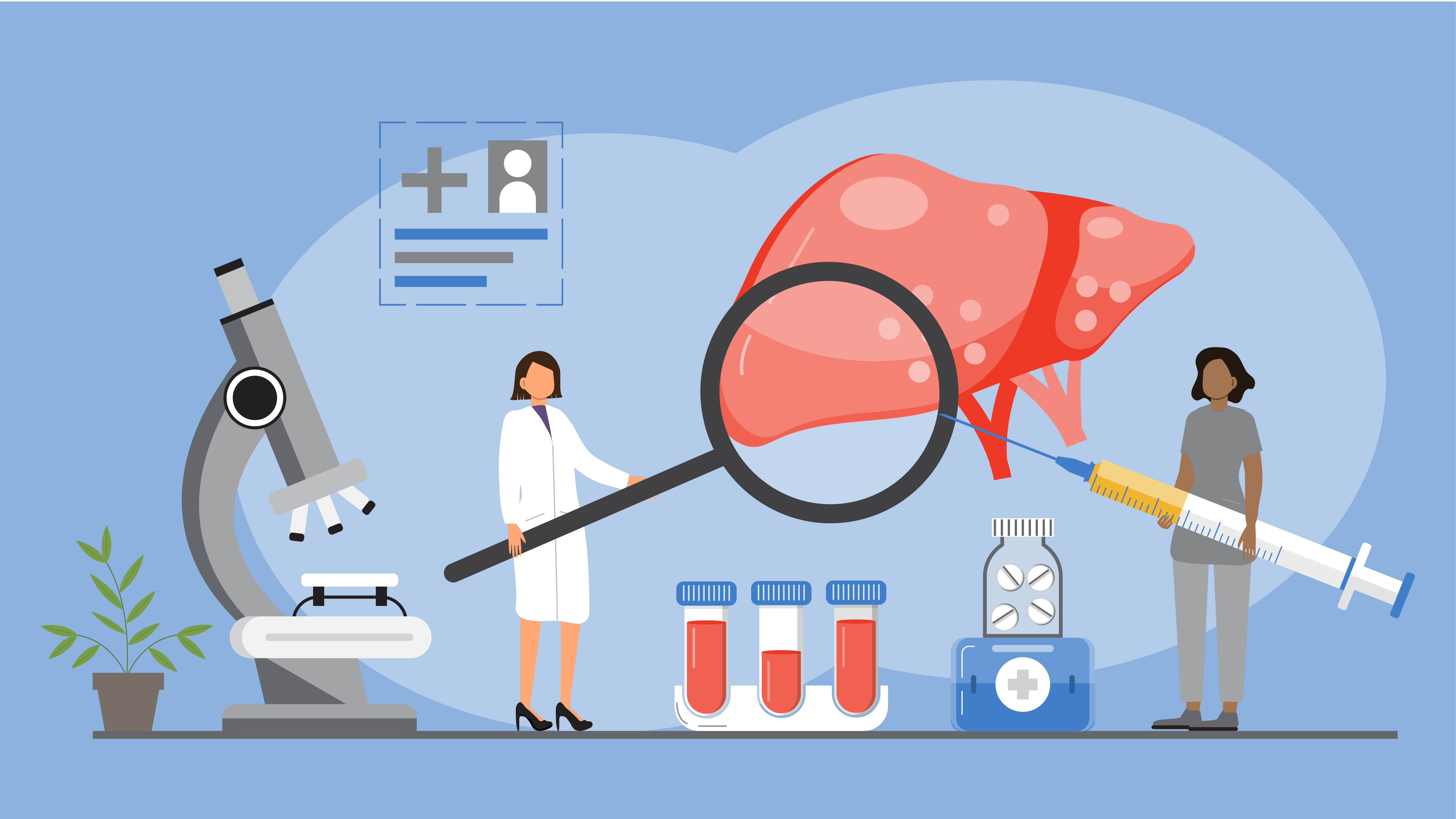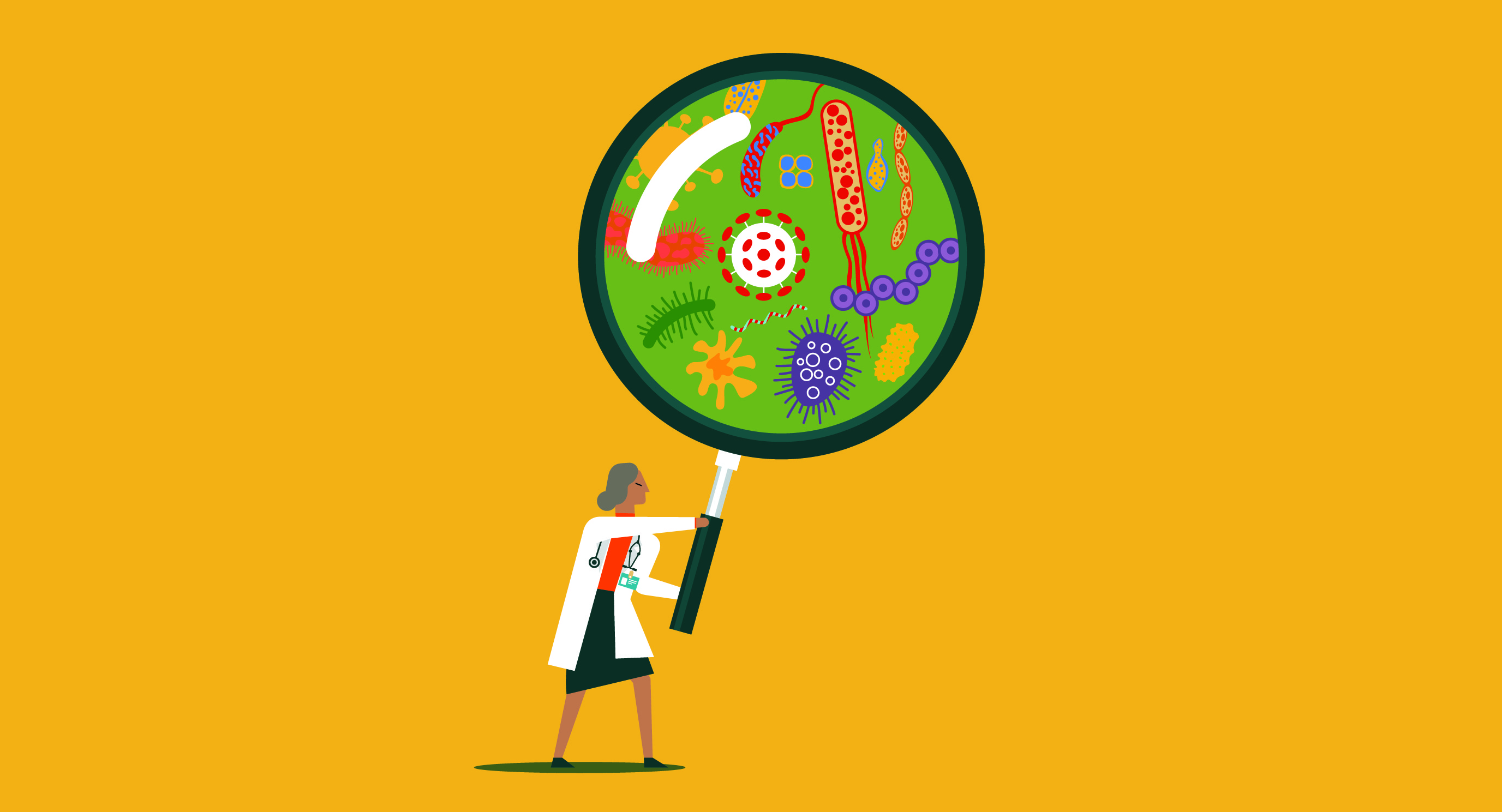Back
- Diseases
- Acoustic Neuroma (14)
- Adrenal Gland Tumor (24)
- Anal Cancer (68)
- Anemia (2)
- Appendix Cancer (16)
- Bile Duct Cancer (28)
- Bladder Cancer (68)
- Brain Metastases (28)
- Brain Tumor (236)
- Breast Cancer (714)
- Breast Implant-Associated Anaplastic Large Cell Lymphoma (2)
- Cancer of Unknown Primary (4)
- Carcinoid Tumor (8)
- Cervical Cancer (158)
- Colon Cancer (166)
- Colorectal Cancer (108)
- Endocrine Tumor (4)
- Esophageal Cancer (40)
- Eye Cancer (36)
- Fallopian Tube Cancer (6)
- Germ Cell Tumor (4)
- Gestational Trophoblastic Disease (2)
- Head and Neck Cancer (2)
- Kidney Cancer (124)
- Leukemia (352)
- Liver Cancer (50)
- Lung Cancer (290)
- Lymphoma (286)
- Mesothelioma (14)
- Metastasis (30)
- Multiple Myeloma (102)
- Myelodysplastic Syndrome (64)
- Myeloproliferative Neoplasm (4)
- Neuroendocrine Tumors (16)
- Oral Cancer (102)
- Ovarian Cancer (176)
- Pancreatic Cancer (172)
- Parathyroid Disease (2)
- Penile Cancer (16)
- Pituitary Tumor (6)
- Prostate Cancer (148)
- Rectal Cancer (58)
- Renal Medullary Carcinoma (6)
- Salivary Gland Cancer (14)
- Sarcoma (234)
- Skin Cancer (296)
- Skull Base Tumors (54)
- Spinal Tumor (12)
- Stomach Cancer (58)
- Testicular Cancer (28)
- Throat Cancer (92)
- Thymoma (6)
- Thyroid Cancer (98)
- Tonsil Cancer (32)
- Uterine Cancer (78)
- Vaginal Cancer (14)
- Vulvar Cancer (18)
- Cancer Topic
- Adolescent and Young Adult Cancer Issues (20)
- Advance Care Planning (8)
- Biostatistics (2)
- Blood Donation (18)
- Bone Health (8)
- COVID-19 (362)
- Cancer Recurrence (120)
- Childhood Cancer Issues (120)
- Clinical Trials (624)
- Complementary Integrative Medicine (22)
- Cytogenetics (2)
- DNA Methylation (4)
- Diagnosis (222)
- Epigenetics (6)
- Fertility (62)
- Follow-up Guidelines (2)
- Health Disparities (14)
- Hereditary Cancer Syndromes (122)
- Immunology (18)
- Li-Fraumeni Syndrome (8)
- Mental Health (116)
- Molecular Diagnostics (8)
- Pain Management (64)
- Palliative Care (8)
- Pathology (10)
- Physical Therapy (18)
- Pregnancy (18)
- Prevention (874)
- Research (402)
- Second Opinion (74)
- Sexuality (16)
- Side Effects (600)
- Sleep Disorders (10)
- Stem Cell Transplantation Cellular Therapy (216)
- Support (402)
- Survivorship (324)
- Symptoms (180)
- Treatment (1762)
11 tips for cancer caregivers from our Facebook community
BY MD Anderson
2 minute read | Published November 24, 2014
Medically Reviewed | Last reviewed by an MD Anderson Cancer Center medical professional on November 24, 2014
At MD Anderson, we consider our cancer caregivers to be cancer survivors, too. After all, our caregivers walk every step of the way with our patients.
We asked the cancer patients, survivors and, of course, caregivers in our Facebook community to share their advice for cancer caregivers. Here's what they said.
- Be patient. Cancer is a journey and can't typically be cured or treated overnight. Make things easier on your loved one -- and yourself -- by setting realistic expectations.
- Take care of yourself. It's not easy to make time for yourself, but if you'll have a hard time caring for others. Get plenty of sleep, maintain a healthy diet and exercise. Remember: if you're healthy, you can help your loved ones get healthy.
- Don't be afraid to strike up a conversation with someone at MD Anderson while you're waiting for your loved one. You never know who you might meet or what you might learn from them.
- Take time to laugh. Find the humor in your cancer journey -- and in the things and people that made you laugh before cancer.
- Take notes, do your research, learn as much as you can about your loved one's cancer and treatment. Your loved one may just be trying to adjust to the idea of a cancer diagnosis and may miss some of the crucial information that the doctors share. When your loved one is ready to learn more, he or she will be glad you were there to take notes.
- Don't be afraid to ask for help. Others want to help you. They just might not know how to say it.
- Join a support group or find someone to talk to. MD Anderson offers several support groups, as well as one-on-one support through the Anderson Network, for family members and caregivers of cancer patients. Talking to others who've been there may help you even more than you think. You might even make new friends.
- Be a good listener. Your loved one is likely dealing with a lot of emotions and changes, so show you care by listening attentively and asking questions as appropriate.
- Stay positive. Your attitude will help keep your loved one in high spirits.
- Try not to treat your loved one too differently. Yes, you need to do what's best for the patient, but maintaining some normalcy can help you both cope.
- Make time for "normal" things. If you and your sister usually have a girls' day or you and your spouse have a date night, try to pencil it in between treatments. You'll both get a break, and you'll create some wonderful memories. And, you'll realize that cancer doesn't have to control your life, making the journey a little easier on both you and your loved one.






